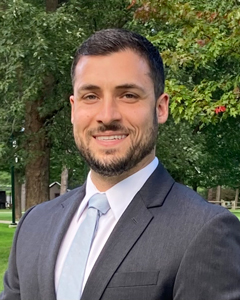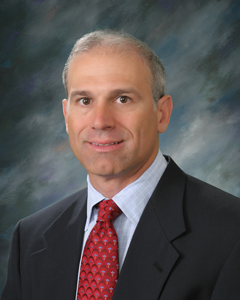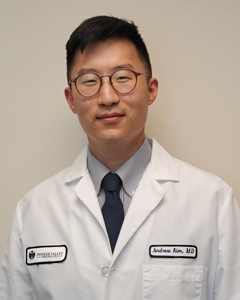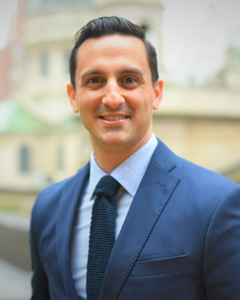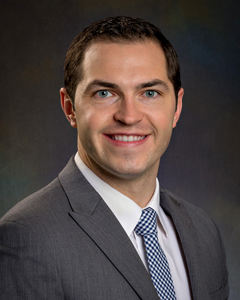Overactive Bladder
 Overactive bladder (OAB), or urge incontinence, occurs when a person experiences a sudden and frequent urge to urinate that may also be accompanied by urine leakage. This often occurs because the bladder muscles contract at inappropriate times, regardless of how much urine has collected in the bladder. This may be caused by various underlying conditions or certain medications. It can happen to anyone at any age, although it seems to be most common in women and the elderly.
Overactive bladder (OAB), or urge incontinence, occurs when a person experiences a sudden and frequent urge to urinate that may also be accompanied by urine leakage. This often occurs because the bladder muscles contract at inappropriate times, regardless of how much urine has collected in the bladder. This may be caused by various underlying conditions or certain medications. It can happen to anyone at any age, although it seems to be most common in women and the elderly.
Causes of Overactive Bladder
An overactive bladder may be caused by various factors. In men, OAB may result from benign prostatic hyperplasia (BPH), or bladder obstruction due to an enlarged prostate. As people age and their cognitive function declines, it may be more difficult for the bladder to receive signals from the brain regarding emptying the bladder. Other causes of OAB may include:
- Side effects of certain medication
- Nerve damage
- Neurological disease or stroke
- Urinary tract infection
- Bladder cancer
- Bladder stones
- Poor kidney function
- Excessive alcohol or caffeine consumption
In some cases, a cause for an overactive bladder cannot be found.
Diagnosis of Overactive Bladder
OAB is diagnosed through a review of symptoms and a physical examination. Additional tests for OAB may include:
- Urinalysis
- Urinary stress test
- Ultrasound
- Cystometry to measure pressure in the bladder
A post-void residual (PVR) test may also be performed to evaluate bladder function.
Treatment of Overactive Bladder
Treatment for overactive bladder depends on the severity of symptoms, the underlying cause, and the patient's and doctor's preferences. Initially, conservative treatments may be recommended and may include:
- Bladder retraining
- Kegel exercises
- Reducing fluid consumption
- Losing weight
- Using a catheter periodically to empty the bladder
- Wearing absorbent pads or undergarments
Medication may be prescribed to relieve symptoms of overactive bladder and reduce episodes of urge incontinence. Small doses of Botox® injected directly into the bladder tissue may help patients find relief from OAB symptoms.
Patients who are severely affected by overactive bladder and incontinence may require surgery to increase bladder storage and decrease pressure in the bladder. Augmentation cystoplasty, a surgical procedure where a segment of the bowel is added to the bladder to increase the bladder size and allow it to store more urine, is most often performed for this condition.


